Assess Your Homeschool Philosophy: Are you happy with *how* you are homeschooling?
There are so many different styles of homeschooling and each family will pick and choose the elements that suits their homeschool style. If your homeschooling is anything like ours it evolves continually as you find what suits each child.
Some of the homeschool styles you may have heard about include:
- Classical education
- Charlotte Mason
- Montessori
- Unschooling
- Unit Studies
- Virtual Homeschooling
- Waldorf
- Eclectic
- Living Books — Well, I’ve never heard anything officially called this but the curriculums like Sonlight that emphasize reading great books.
I’m not going to go into an explanation of all of these. There are probably better websites for that. I’m a voracious reader and over the years have read most every homeschooling book I could get my hands on. I’ve gotten something out of everything I’ve read even if the style doesn’t suit our family completely. I’ll tell you a few of the books I’ve personally gotten a lot out of. These are books :
General Homeschool Books:
*The Well Trained Mind: A Guide to Classical Education at Home by Susan Wise Bauer and Jessie Wise — I really like the general outline they give for history/science and have benefited a lot from their list of curriculum/book suggestions.
*The Read Aloud Handbook by Jim Trelease — This is an amazing book that talks about the benefits of reading to your child long after they’ve learned to read for themselves. It has wonderful book recommendations from the tiniest tot on up to the late elementary child and beyond! (I debated about whether to put this book first in my list!)
*So Why Do You Homeschool? Answering the Questions People Ask about Home Education by Mimi Davis — When friends have been interested in homeschooling this is often the first book I recommend. It really looks at the process of deciding to homeschool. It addresses such questions as Why not just send them to private schools, if you don’t like public ones? What is a typical homeschooler like? Isn’t it just the religious who homeschool? What about minorities? How do you keep the house clean? Wouldn’t it be easier just to go to work and send them to school? And addresses some of the socialization questions: “I’m afraid my kids won’t be socialized adequately if I homeschool.” or “Won’t it make them different.” or “Someday your kids will have to face the read world.” For a small book, this is a quick read and I enjoy coming back to it even after years of homeschooling.
*Sue Patrick’s Workbox System by Sue Patrick — I read this book several years ago and that’s the reason I have these colorful bins. Sue Patrick’s system calls for wire shoe rack and 6-15 clear shoe boxes. Use google to search ‘workboxes’ and you’ll find hundreds of images of homeschooler’s workbox systems! While I don’t do as she suggests (having the kids go through each workbox one at a time), I really got a lot out of reading how she laid things out for her family (her son has autism). If you have no idea where to start in organizing your homeschool day/materials this is a wonderful jumping-off point. There’s also a workbox yahoo group (I think that link will take you there) that has lots of pictures from other homeschoolers of how they organize their daily materials. You can see I’m in the process of labeling our workboxes with the new label-maker hubby got us for Christmas.
*The Homeschool Handbook by Mary Griffith — I liked this book for its practical advice. I recommend this for first-time homeschoolers because it offers so many snippets from various homeschoolers. It’s like having a chat with homeschoolers from a variety of backgrounds.
*Charlotte Mason Companion by Karen Andreola — I like the gentle tone of this book and the emphasis on a calm, peaceful, nature-oriented home life. This book explains the benefits of using good books, heroes in history, introducing classical music, narration and more. It always makes me feel that I should do more with narration in our homeschool.
*What My X Grader Needs to Know edited by Ed Hirsch Jr.– I’ve never used this series as a guide, but I find the general information for each grade quite useful. It includes all the major subjects. I tend to look this over several times a year (mostly when I’m planning out the new semester.)
*And one more book that I like and re-read often just because it has good tips on talking with your kids and talking respectfully with them is How to Talk So Kids Will Listen and Listen so Kids Will Talk by Adele Faber and Elaine Mazlish
Subject Specific Books:
I also spend a lot of time reading subject-specific books. Some of the books are specific to homeschooling, but I often read books that are geared towards teachers in a school setting as well. I get a lot of good information and good ideas from those books even when some of it (for group-oriented tasks) really don’t apply to our setting. So here are some (this by no means exhaustive; I know I”ve left out so many wonderful books!)
Games for Math by Peggy Kaye I love her books because the games she presents are so easily incorporated into our homeschool life! This is one of the few books that I feel like I *have* to own!! It’s terrific. Here’s an example of one of her games (called Fast Track) that we play several times a month (see the post and free division and subtraction cards I made here):
Games for Writing by Peggy Kaye I also love the playful writing games she has. Another terrific book!
The Daily 5: Fostering Literacy Independence in the Elementary Grades — This is clearly a book written for the school setting, but has been really popular. I got a lot of good ideas from this.
The Writer’s Jungle
and most recently I’ve read 6-8 e-books I got from Scholastic at their dollar sale.
As for science I love, love Janice Van Cleave’s books and have used many, many of her books in our homeschool! Most of the time I have one or two of her books checked out from the library… anything from 201 Awesome, Magical, Bizarre and Incredible Experiments to Earth Science for Every Kid or Physics for Every Kid.
For preschool I have read a lot of Montessori books because we’ve done so much Montessori inspired work in the early years:
Though I always suggest people start by looking through these free teaching albums at Moteaco
Teach Me to Do it Myself by Maja Pitamic — These are easy to implement activities with your 2-5 year old.
Montessori Play and Learn by Joy Starrey Turner — Again there are lots of easy to implement activities. I would check this out from the library.
Montessori in the Classroom by Paula Polk Lillard — This book follows a school year in a 5-year old Montessori classroom. I really enjoyed the narrative even though it applies to the classroom setting.
And I have a long list of Montessori websites I’ve enjoyed. Maybe I’ll share those in another post.
I thought I’d be able to tackle our long-term homeschooling goals in this post, but it’s getting rather long. I’ll save that for tomorrow!
This was the third post helping describe how I go about planning for the new school year. Here are the previous posts in this series:
- The questions I consider in planning out the year.
- This post looks a back at our school year. I talk about what went well and what could use some improvement.
Have a good day! ~Liesl
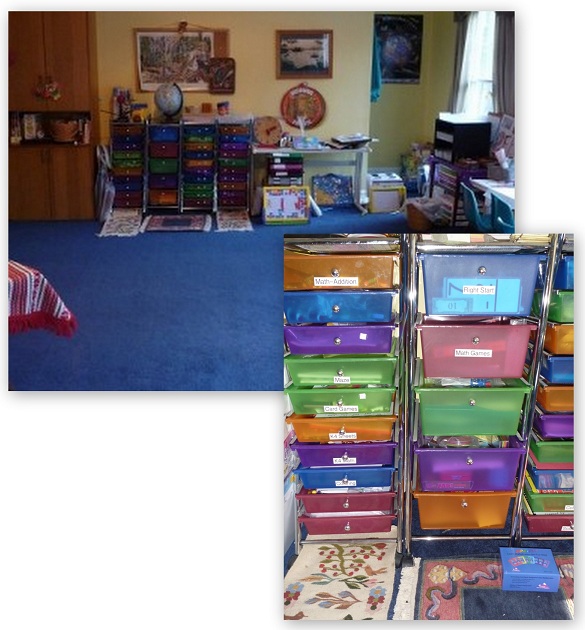
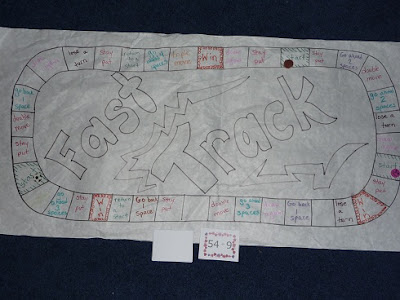
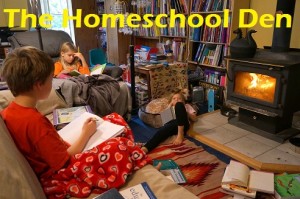
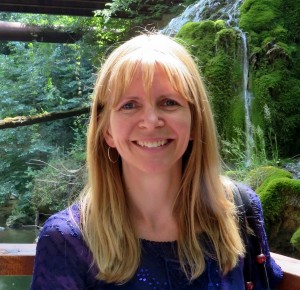
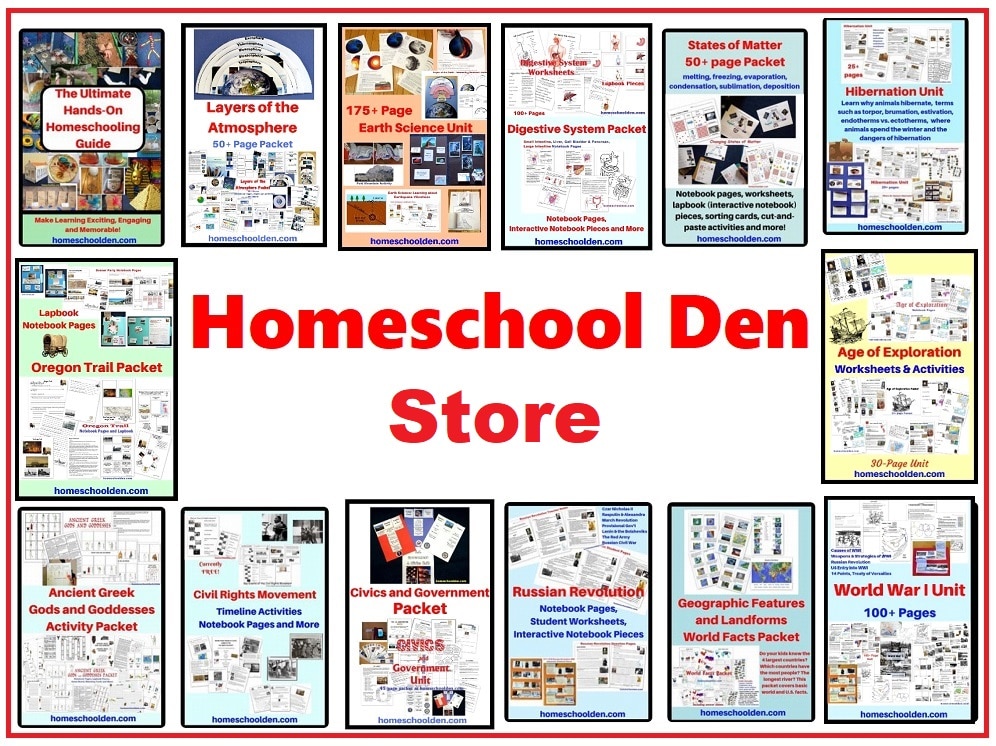
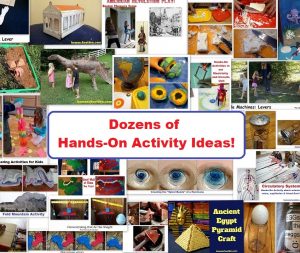
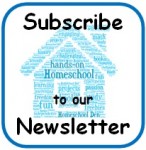
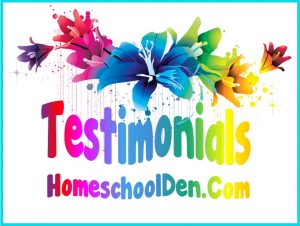
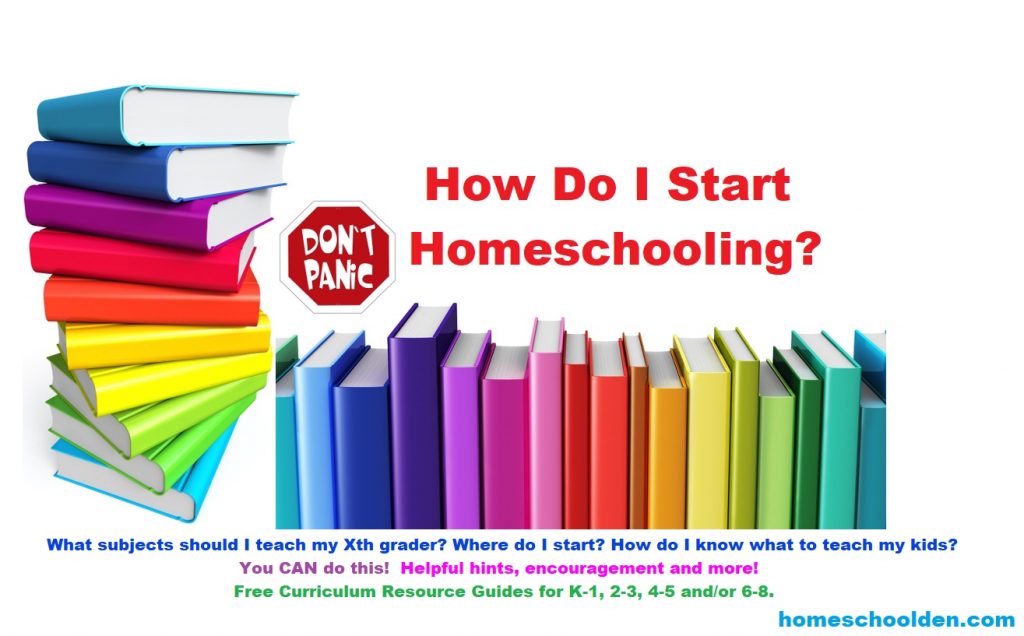
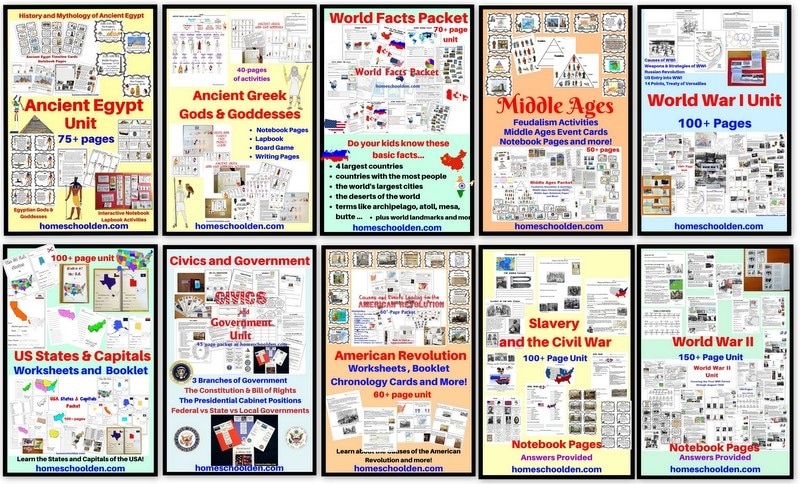
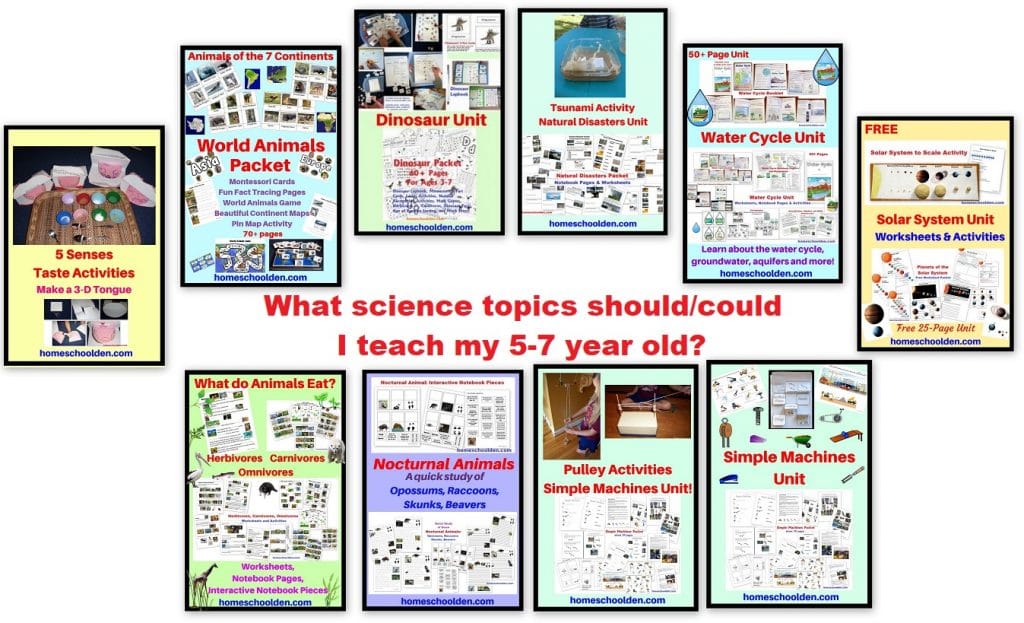

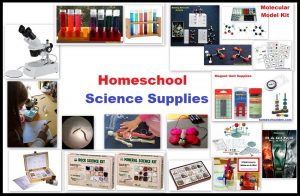
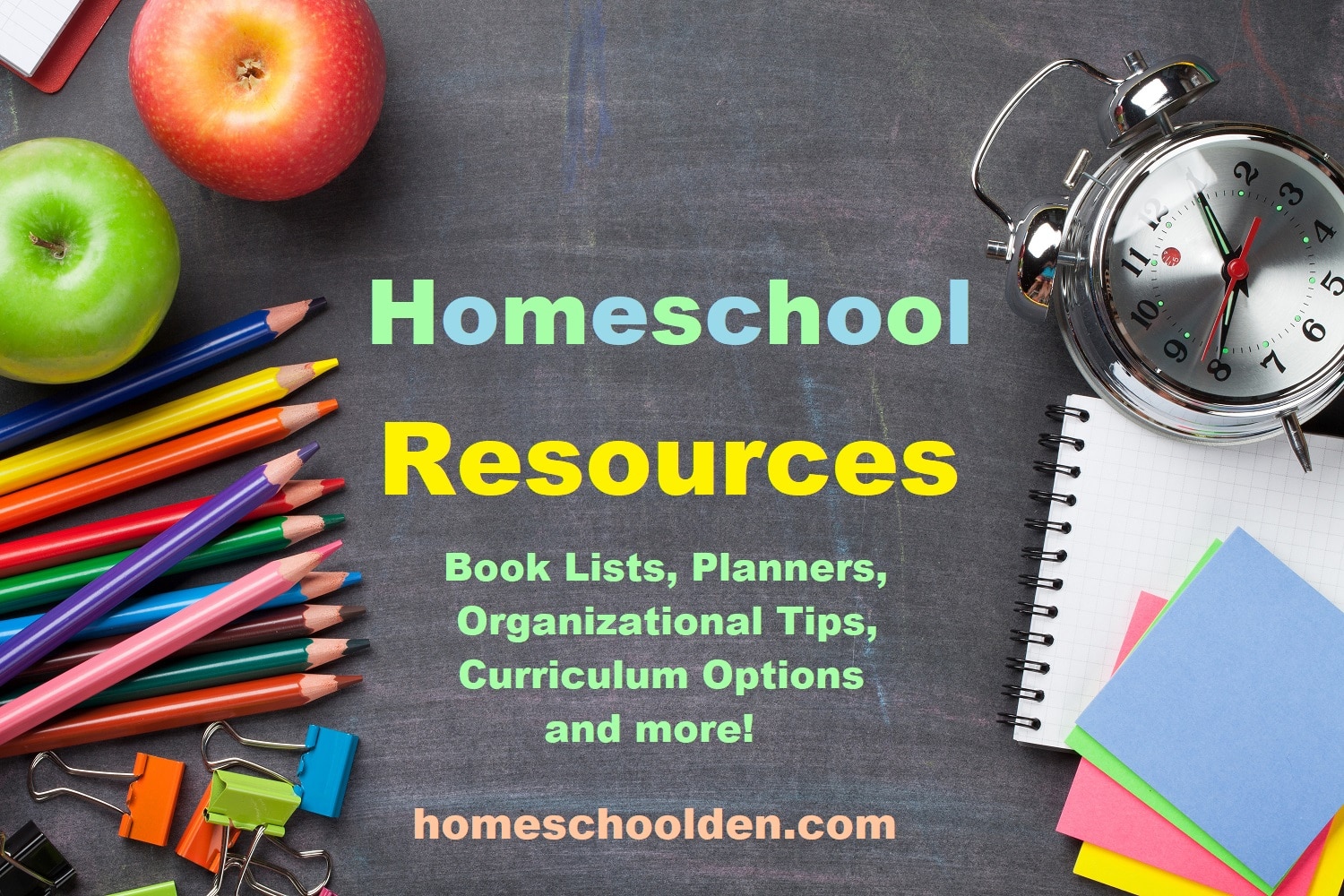

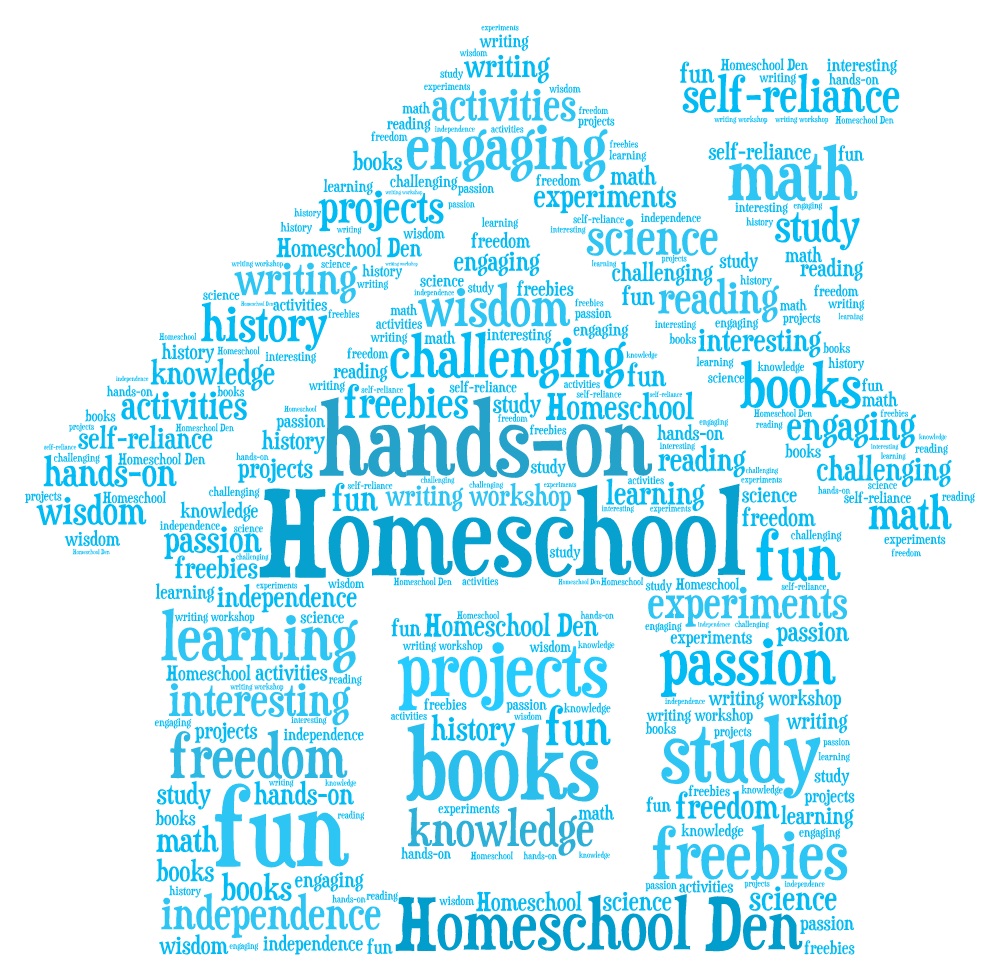

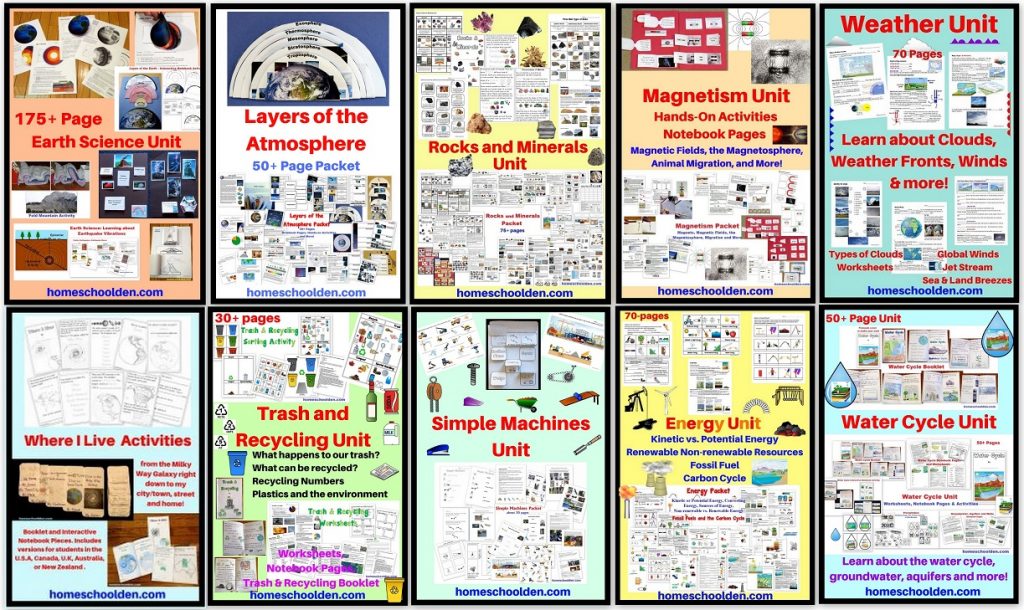
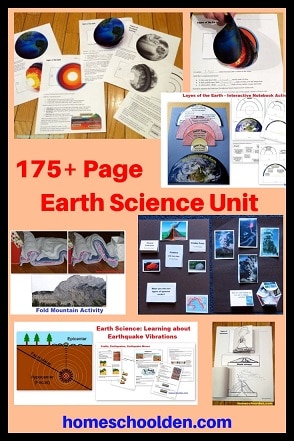
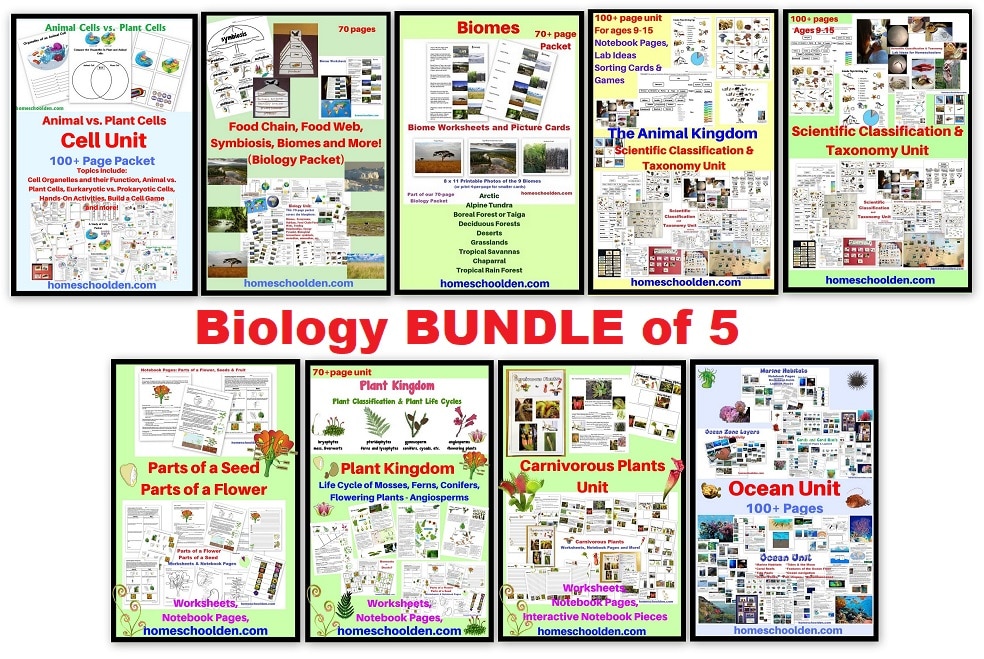
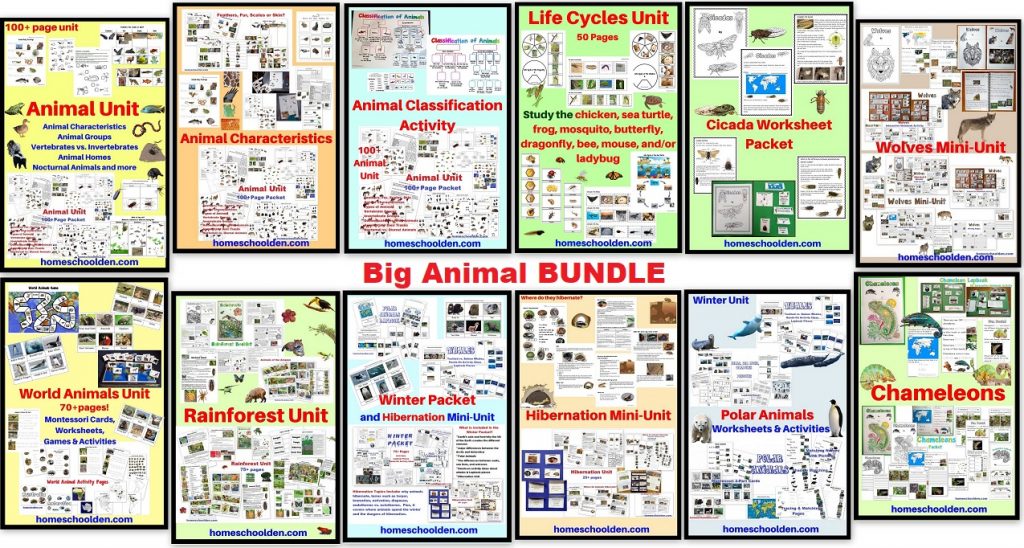

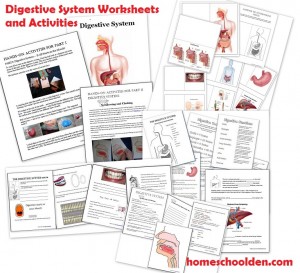


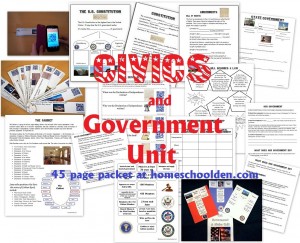
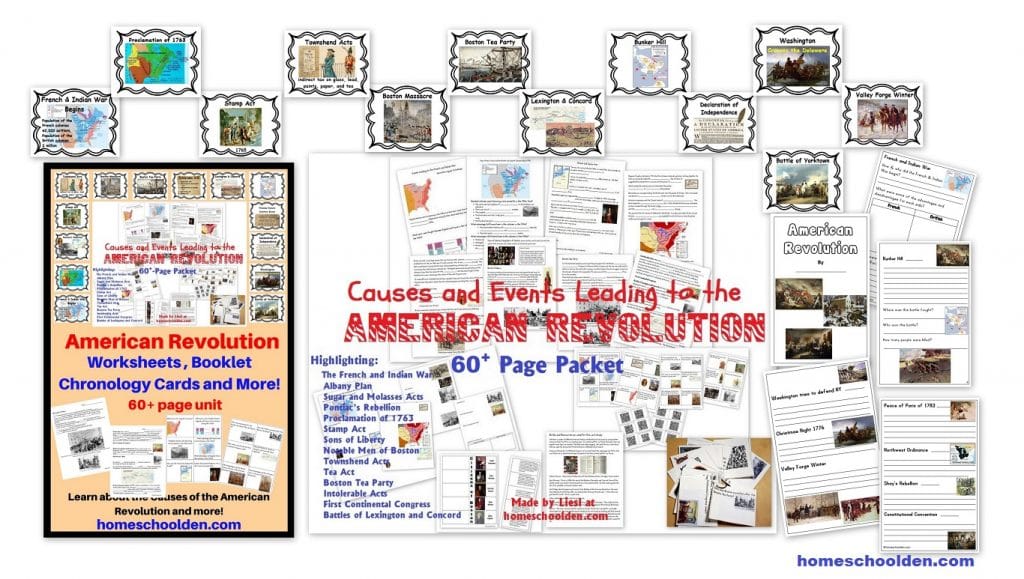
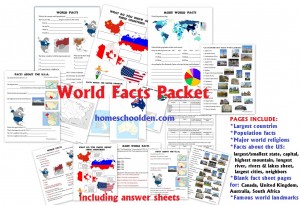
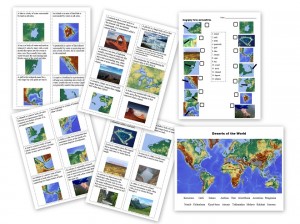
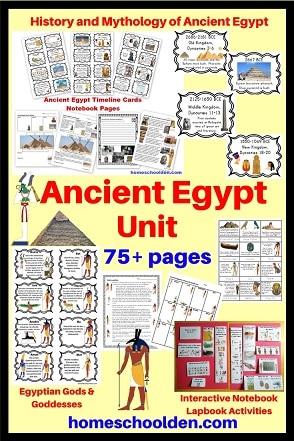
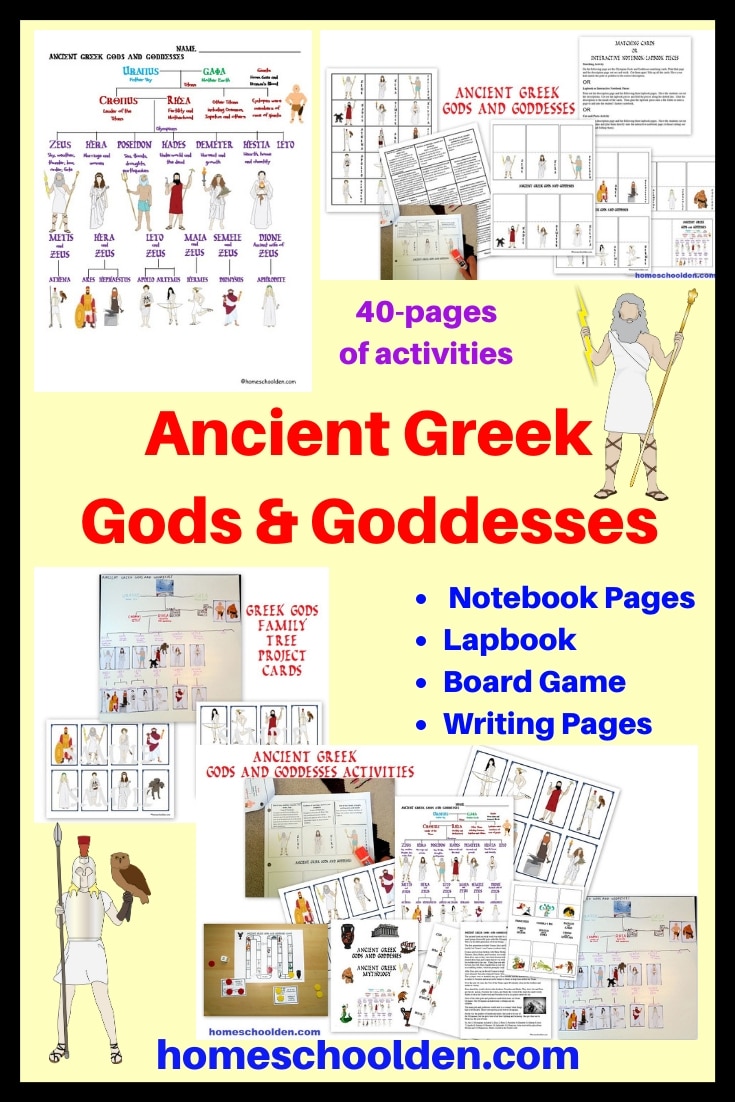


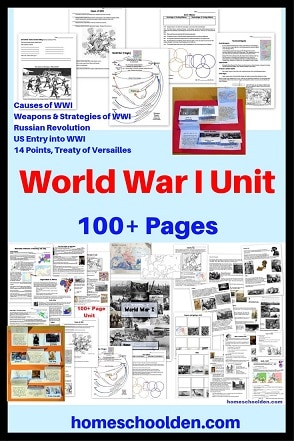
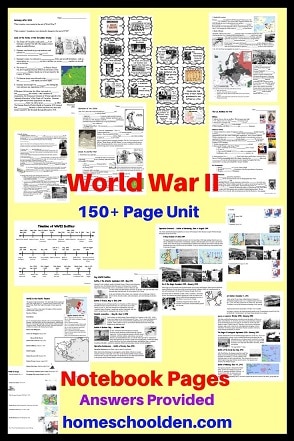
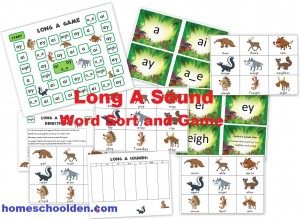
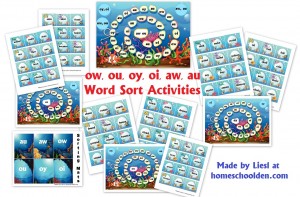
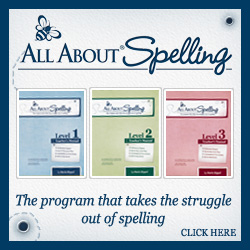
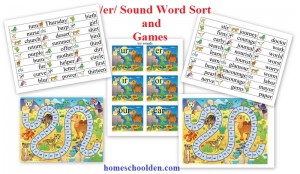
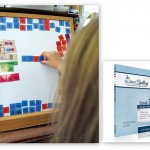
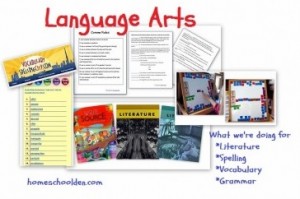
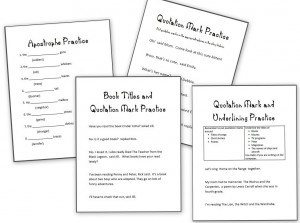
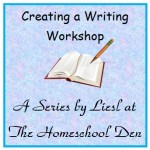
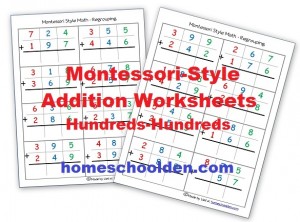
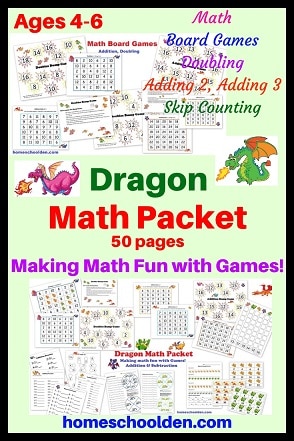
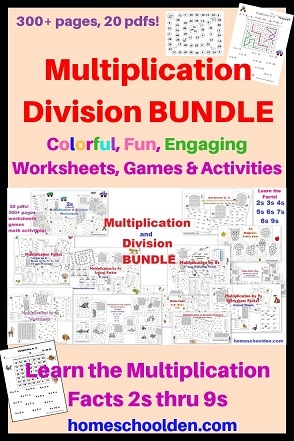
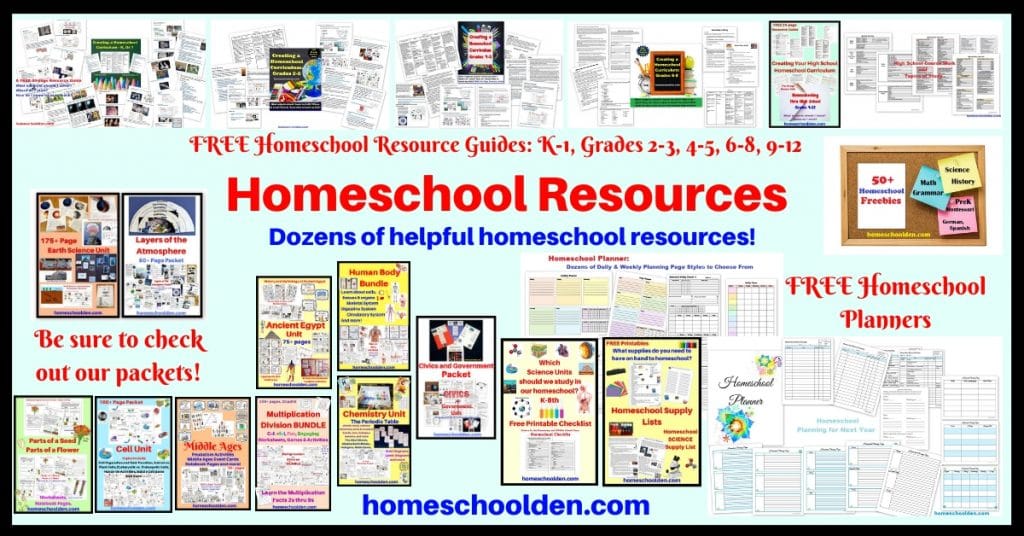
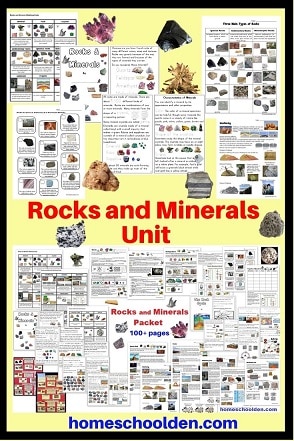
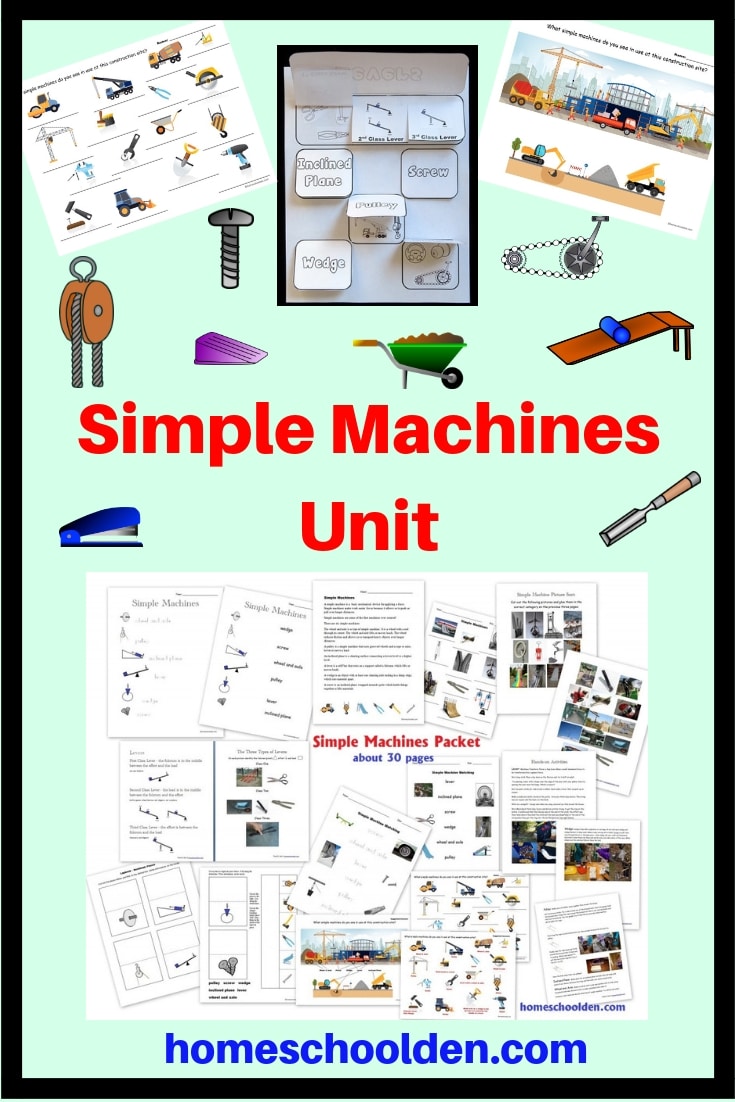
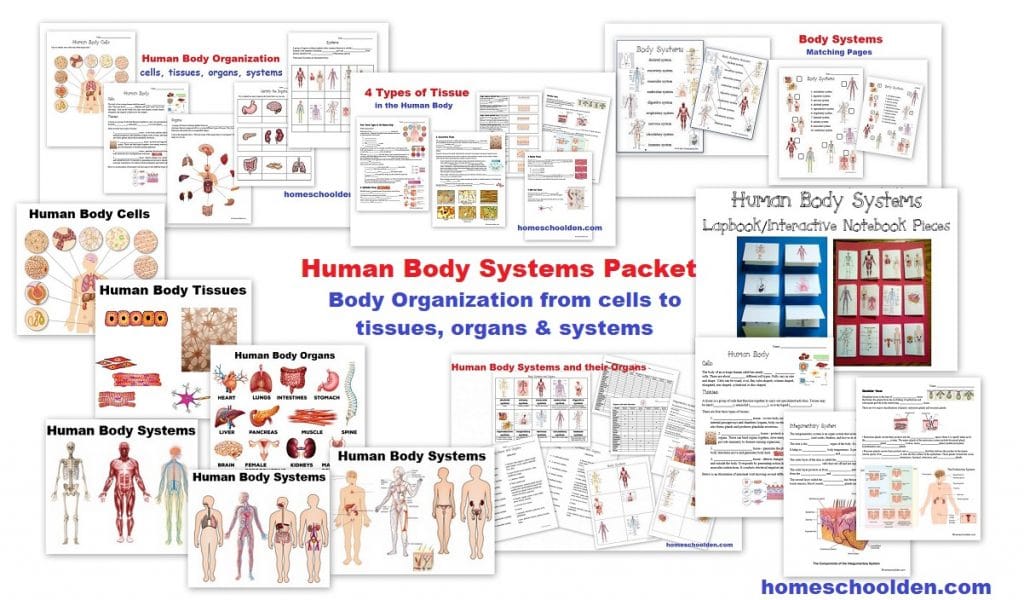
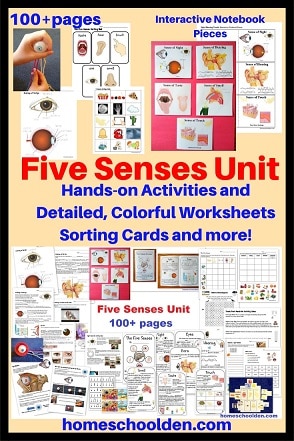
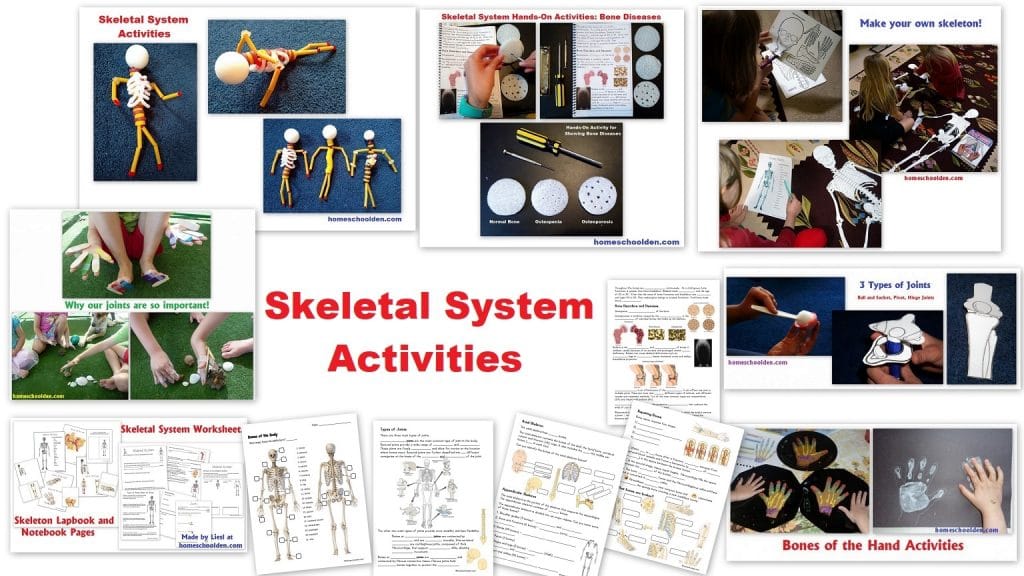
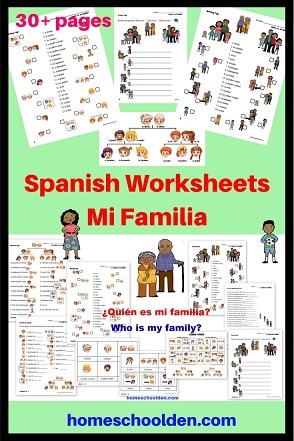
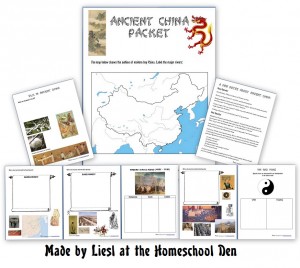
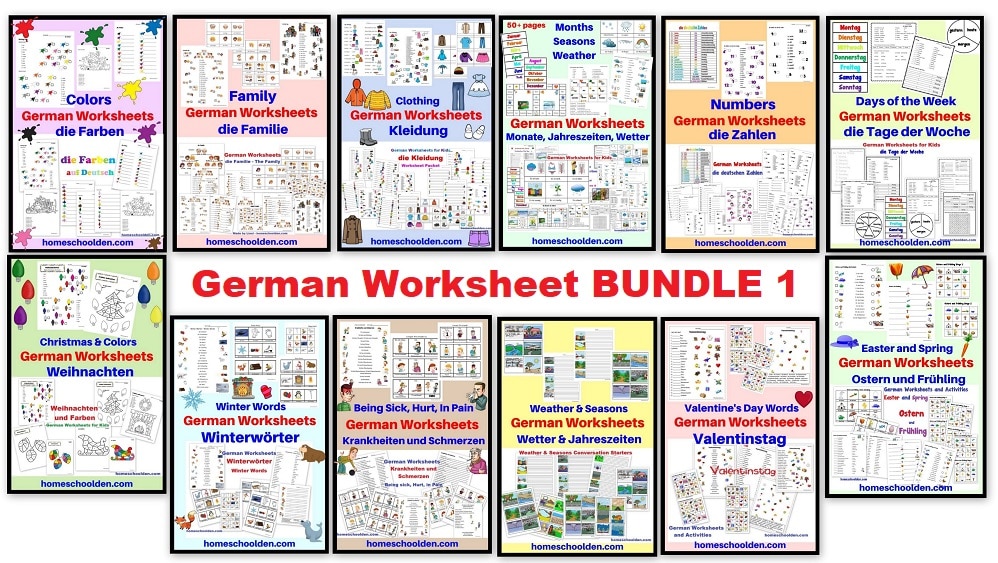
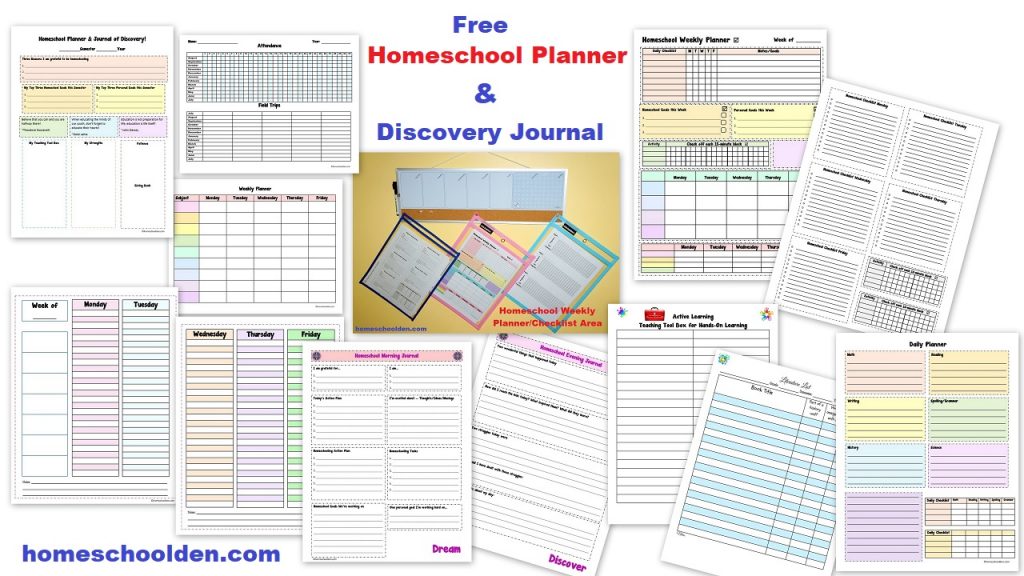
8 Responses
[…] talked about how I assess our homeschooling philosophy: Am I happy with *how* we are homeschooling? I talked a lot about the books I’ve read that […]
[…] talked about how I assess our homeschooling philosophy: Am I happy with *how* we are homeschooling? I talked a lot about the books I’ve read that […]
[…] talked about how I assess our homeschooling philosophy: Am I happy with *how* we are homeschooling? I talked a lot about the books I’ve read that […]
[…] talked about how I assess our homeschooling philosophy: Am I happy with *how* we are homeschooling? I talked a lot about the books I’ve read that […]
[…] Assess Your Homeschool Philosophy: Are you happy with *how* you are homeschooling I talked a lot about the books I’ve read that helped us find the homeschool style that works for us. […]
[…] Assess Your Homeschool Philosophy: Are you happy with *how* you are homeschooling I talked a lot about the books I’ve read that helped us find the homeschool style that works for us. […]
[…] talked about how I assess our homeschooling philosophy: Am I happy with *how* we are homeschooling? I talked a lot about the books I’ve read that […]
[…] talked about how I assess our homeschooling philosophy: Am I happy with *how* we are homeschooling? I talked a lot about the books I’ve read that […]